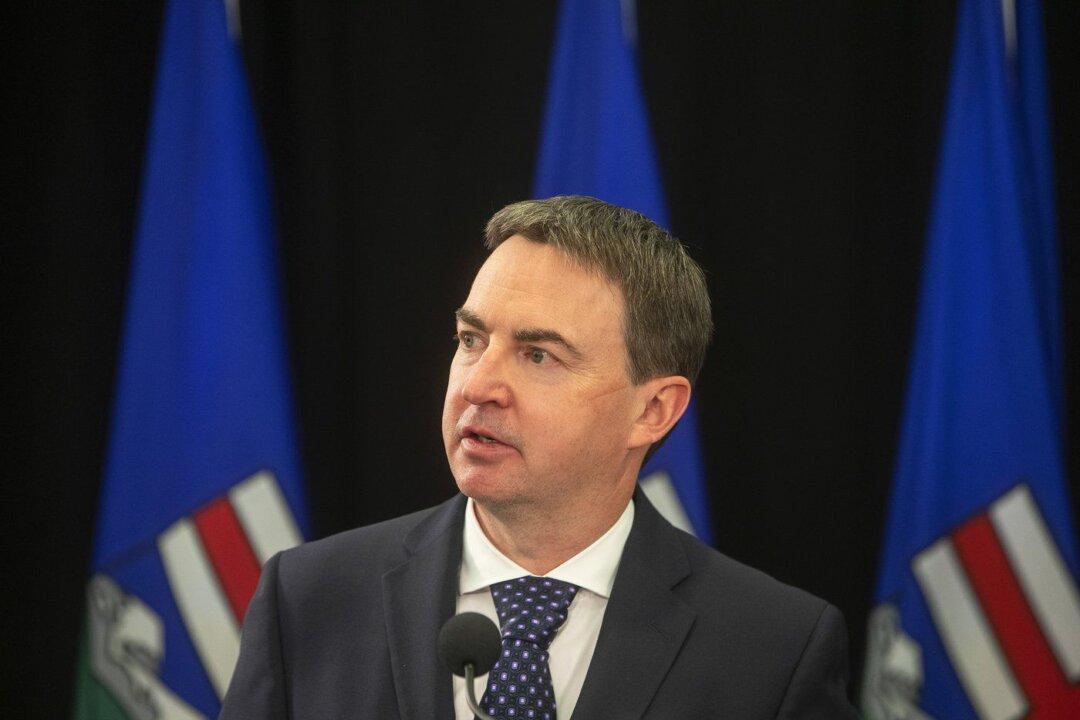The Alberta government pledged Thursday to earmark $158 million in the Feb. 28 budget to frontline health care and medical staff.
Health Minister Jason Copping said an aging population is increasing demand and the province’s hospitals need more physicians and health care professionals. More than half of the amount budgeted, $90 million, will be directed to the recruitment of doctors for rural areas, which are especially under-serviced.





